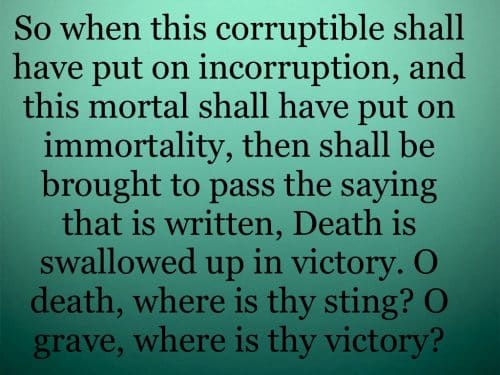The Odiousness of Sin
[I]t must be some grievous crime, and somewhat which is very offensive to him, that provokes him to sentence them to an eternal banishment from him. Oh how horrid a thing is sin! it brings all evil, Rom. 2:7, 8, and deprives of all good, Isa. 59:2. Its formal nature is a voluntary departure from God’s precepts, Heb. 3:12; Jer. 2:5; and its woeful effect is an eternal total departure from his gracious presence. His partial temporary departure from his own people, who are the objects of his eternal choice and infinite love, ‘which makes them go mourning all the day, and lie roaring all the night, because of their sins,’ speaks much of the evil of sin; but his full everlasting departure from others, which leaves them naked, and stripped of all comfort, and exposed to all misery and mischief, doth more abundantly proclaim its filthiness and loathsomeness. It can be no ordinary cloud or vapour that can obscure the sun at noonday, in all his beauty and brightness, and turn the clear day into a black night; and it can be no little or small thing which provokes the Father of mercy, and God of all grace, to deal so severely with the works of his own hands. The Rev. George Swinnock (Works, vol. 5, p. 285)
